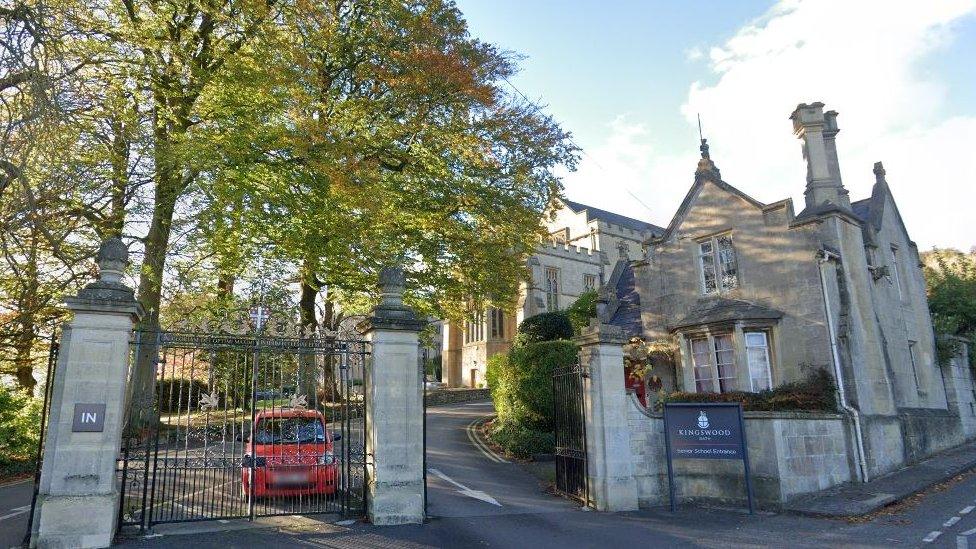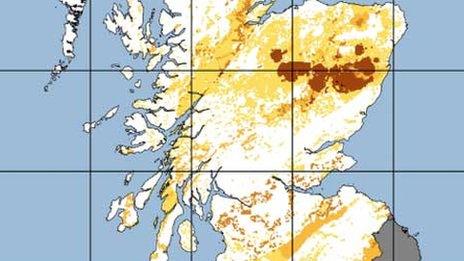Leeds council homes to be checked for Radon gas risk
- Published

More than 9,000 council homes across Leeds will be tested for Radon gas
More than 9,000 homes in Leeds are being tested for a radioactive gas that has been linked to lung cancer.
Leeds City Council said it was carrying out precautionary checks for radon in local-authority owned homes in the Morley, Middleton and Rothwell areas.
Testing is taking place after 9,100 homes were identified as having between a 1% and 5% risk of excessive radon potential.
However, a spokesperson said there was "no suggestion" residents were at risk.
Radon is a naturally occurring, odourless gas which comes from the rocks and soil found everywhere in the UK.
According to the UK Health Security Agency (UKHSA) the radon level in the air outside is very low but can be higher inside buildings, and exposure to high levels can cause lung cancer.
According to the Local Democracy Reporting Service a council meeting heard the UKHSA had identified just over 9,100 council properties where excess levels may potentially be present.
A further 45,000 council homes are believed to have a risk factor of between 0% and 1%.
Privately owned properties are not included in the data.
'Robust and proportionate'
Adam Crampton, the council's head of property management, told the meeting: "Radon gas is not just a risk in Leeds, it's UK-wide. There are areas of the country, particularly in South Wales and south-western England, where it's a significantly higher risk than in Leeds.
"There's little by way of data or information to support any concern that it's a higher risk in Leeds, be it empirical or anecdotal. But equally that doesn't allow us to prove that the risk is low.
"In consultation with the UKHSA, we've developed what we perceive is a robust and proportionate approach to testing right across the city."
Dawn Bailey, the council's chief officer for public health, said high levels of radon were linked to a greater risk of lung cancer, although smoking remains the biggest cause of the disease.

Follow BBC Yorkshire on Facebook, external, Twitter, external and Instagram, external. Send your story ideas to yorkslincs.news@bbc.co.uk, external.
Related topics
- Published21 July 2023

- Published5 June 2013
